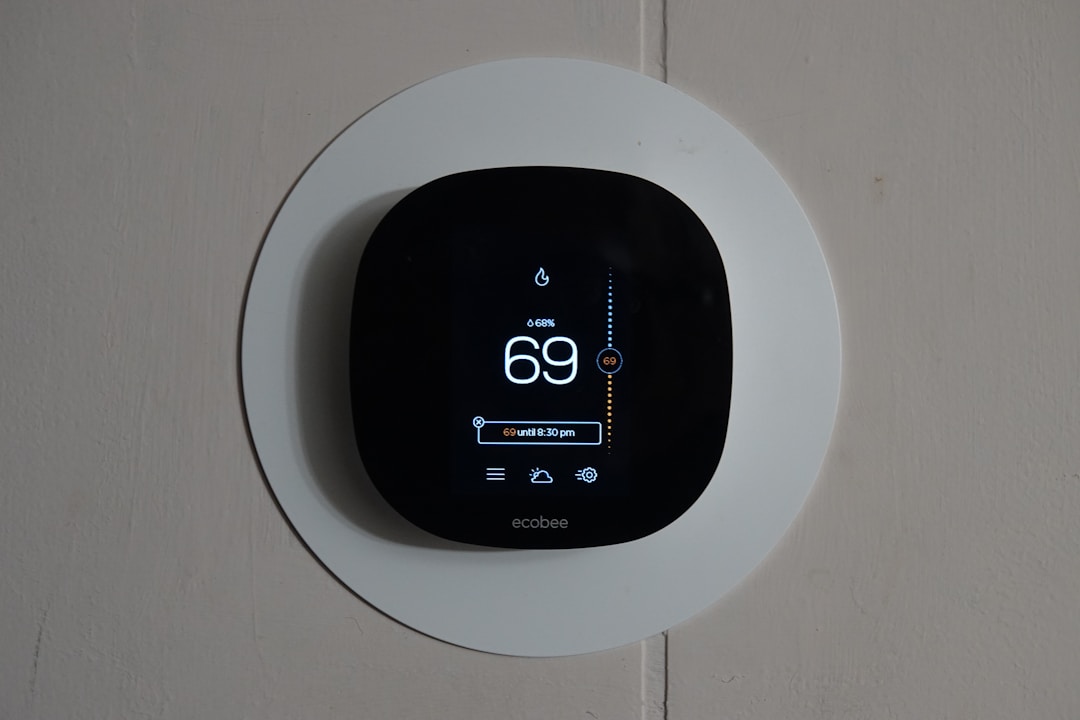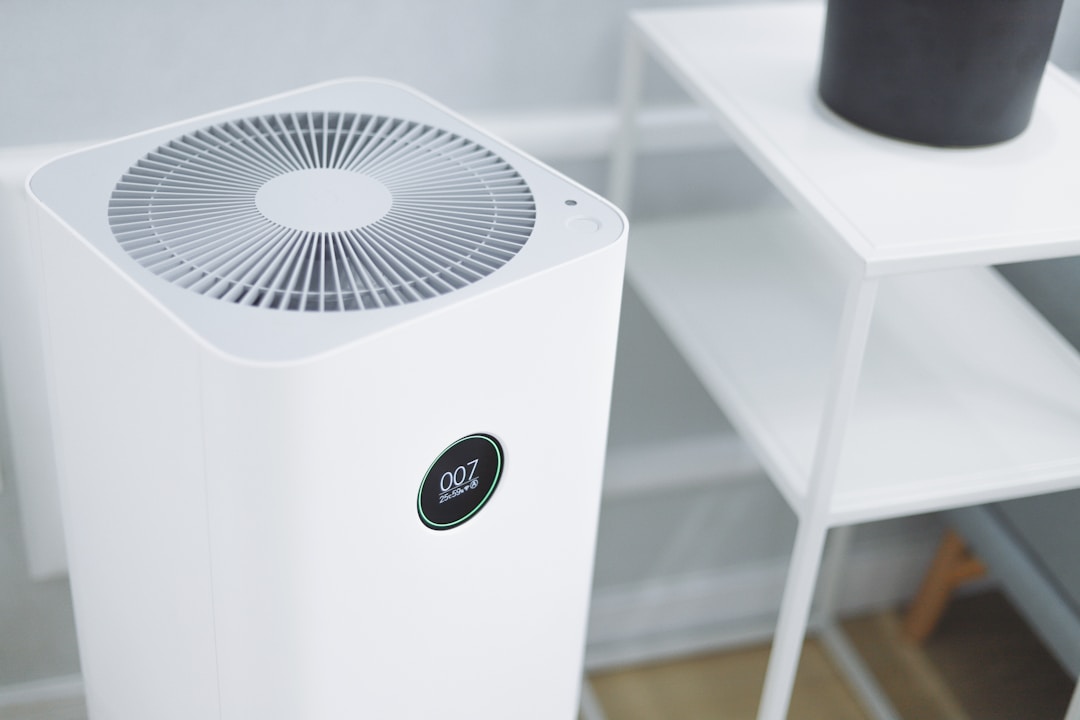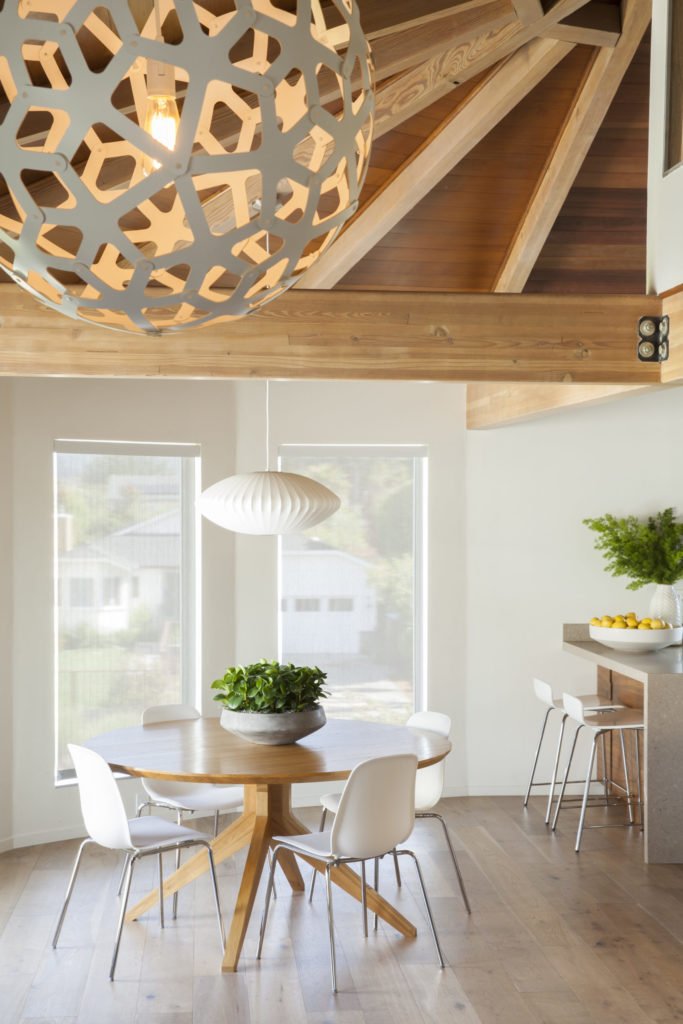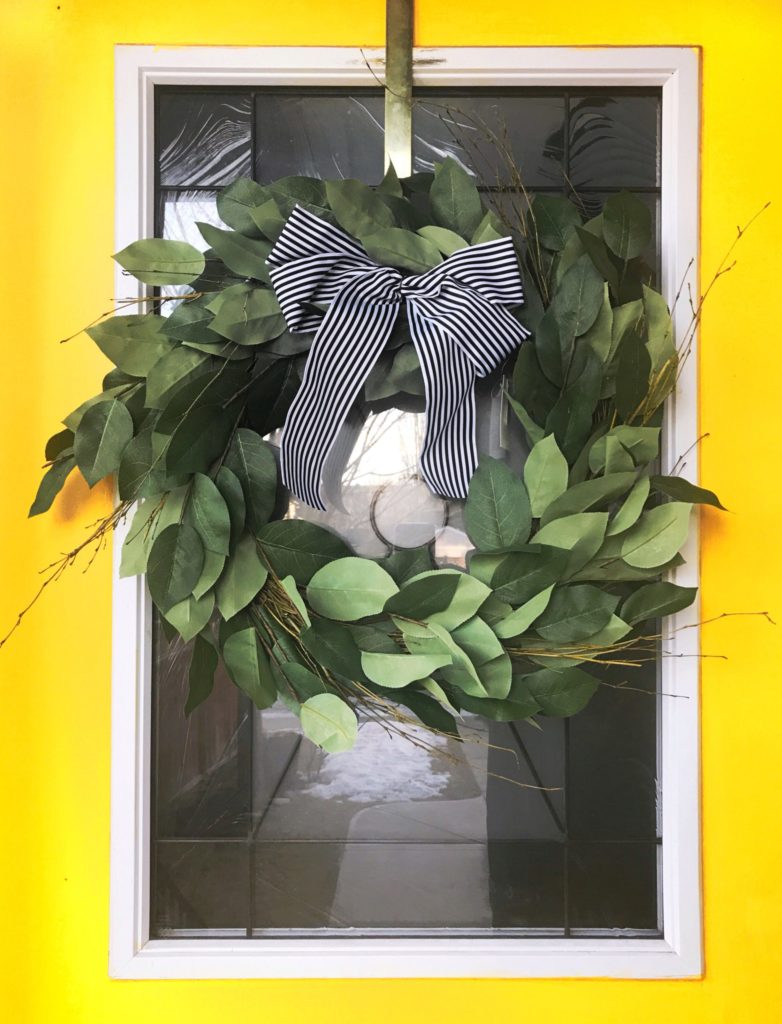Summer is the best and most convenient time of year to take a vacation for many of us, but you need to make sure you have a plan for home maintenance before you jet across the country. Families with pets often need to hire a sitter, while those with houseplants may hire someone to come by and care for them on a daily or weekly basis. What a lot of people don’t realize is that it can be a major problem if you neglect to adjust your HVAC system before you leave. It could end with you coming home to unexpected damage to your property if you’re not careful. If you’re planning to be away from home, read on to find out how to know what temperature to leave your vacant house this summer.
What temperature should you leave your vacant house in the summer?

Anyone who has never been responsible for their own HVAC system before, particularly first-time homeowners, can find it confusing to figure out what temperature to leave a vacant house in summer. Many people aren’t sure whether or not they should turn their unit off entirely when they leave town and assume that it’s smarter to leave the air conditioner off while on vacation. However, experts actually recommend that you leave your air conditioner on. This is because air conditioners aren’t just for cooling: They also control indoor humidity. Excessive humidity can warp wood-based furniture or cause wall paint to peel, which can be expensive to fix.
If you want to know what temperature you should be aiming for when you’re away, the answer is that you should set your thermostat for somewhere between 80 and 85 degrees. It can be tempting to try to save a little more on energy costs, but it isn’t worth risking damage to your home or belongings. You may want to consider upgrading to a smart thermostat, which is a Wi-Fi-enabled thermostat that works with home automation and enables you to control your HVAC system from a smart speaker, smartphone, or website, even when you’re away from home.
What else can you do to keep your home temperate?

There are few home systems that impact your overall comfort more than your HVAC system, which is why you need to be proactive about preventive maintenance. Your HVAC won’t be able to effectively regulate temperature or keep your home temperate if it isn’t in good working order. Experts recommend that you have it inspected annually by a technician and change the filter at least once every 90 days. Some people opt to change theirs more frequently. Pay attention to how quickly it gets dirty and adjust your schedule accordingly. Systems that experience frequent problems and are over a decade old may need to be replaced.
You should also make sure that your windows are in good condition. Cracks and crevices can let in irritants like allergens and pests if they aren’t fixed. Additionally, these imperfections allow your windows to let outdoor air in. That means your HVAC system will be forced to work harder to compensate for the change, which can cause your utility bills to skyrocket. It’s always a good idea to inspect your windows, especially before you plan to leave your home vacant, and repair any damage before it causes a more serious problem.
Though logic might tell you that you should save money and turn off your HVAC system when your home is vacant, that couldn’t be further from the truth. In reality, leaving your home vulnerable to high humidity levels can actually increase your risk of having an expensive problem to fix when you get back from your trip. Setting your air conditioner at a reasonable temperature is always the best thing to do. You should take advantage of any opportunity you get to relax and take a vacation, but it’s essential that you ensure your home will stay safe while you’re away.











